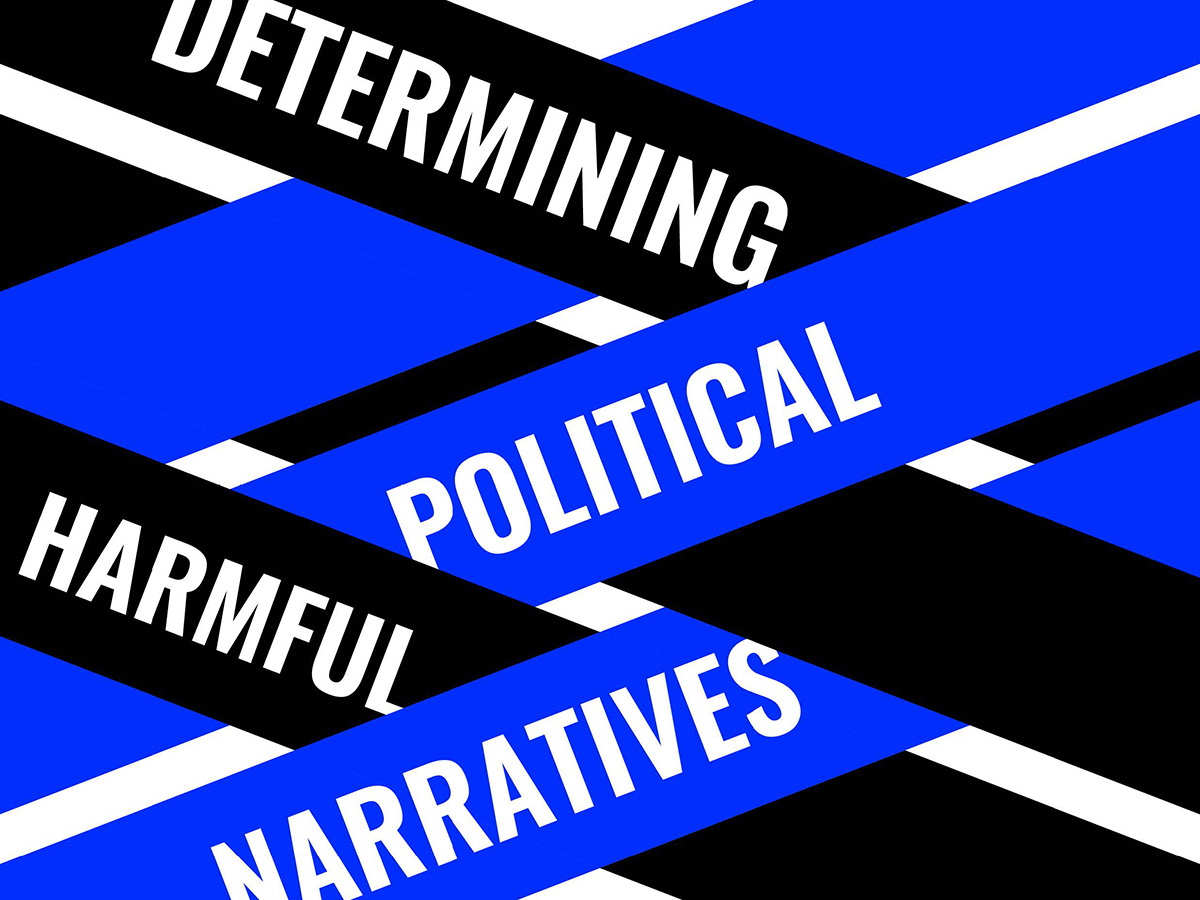
ICS published the March 2024 report on the presence of harmful narratives in public political communication in North Macedonia
The Institute of Communication Studies (ICS) published the fifth report prepared within the research on “Determining Political Harmful Narratives” (ШТЕТ-НА), which is a summary of data obtained from monitoring the communication practices of political actors in which harmful narratives were identified and how they were conveyed via the media outlets March 2024. This is the first report covering one month since the beginning of the monitoring in September 2023, which is done to timely detect harmful narratives propagated by political actors in relation to the pre-election campaign. The ICS emphasizes that the candidates for president of the country are not subject to this monitoring.
Similar to earlier months, the most harmful narratives were noted at VMRO-DPMNE (43), followed by SDSM (29) and Levica (27). DUI has seen an increase in harmful posts compared to previous months, and in terms of the opposition parties of the ethnic Albanians in the country, the most harmful narratives have been observed at Alternativa.
When looking at the Internet and the Facebook pages of political actors in Macedonia, the most commonly used rhetoric is the one that includes unfounded allegations of corruption, lack of transparency/lack of accountability, including lack of professionalism – these are used as a basis for accusing political opponents, undermining trust in institutions, biased selection of information that leads to misleading conclusions and encourages socio-political divisions in the public.
Some of the media outlets that were monitored in March continued to “assist” the political actors in spreading harmful narratives. A positive thing to note is the decrease in the number of “harmful” news items in the central news of the nine TV stations. TV Alfa is again the medium with the largest number of pieces with harmful narratives (35), but this television, as well as most of the ones covered by this analysis, shows a decrease compared to February.
In most online media, however, the practice of one-sided transmission of toxic rhetoric of the political actors continues unabated. The Kurir portal is at the top regarding the number of “harmful” posts (42 in total), and for the first time since the monitoring began, Nezavisen, with a total of 35 posts, broke into second place. They are followed by A1on (23) and Republika (21). Similar to the political actors, the most common harmful narratives in the media are biased selection, undermining trust in institutions, ad hominem attacks and demonization, fomenting divisions, and disinformation.
The monitoring of official communication channels of government officials who are also political party officials showed that they continue using only one Facebook profile through which they communicate with the public about their activities, regardless of whether they are party officials or in the capacity of government officials. It has been noted that the majority of the Macedonian Government members do not use harmful narratives, but the presence of posts in which ministers share party information is notable.
The HARM-TIVE research is conducted by ICS with researchers and experts from the field of communications and media. The subject of monitoring are 10 political parties and their leaders whose parties have at least two MPs in the 2020-2024 parliamentary composition, as well as the Facebook communication of the Macedonian Government members. In media monitoring, 11 online media and 9 television stations are monitored.
This research is carried out within the project “Using fact-based journalism to raise awareness of and counteract disinformation in the North Macedonia media space (Use Facts)”, with the support of the British Embassy in Skopje.
The March report is available at the following links:

